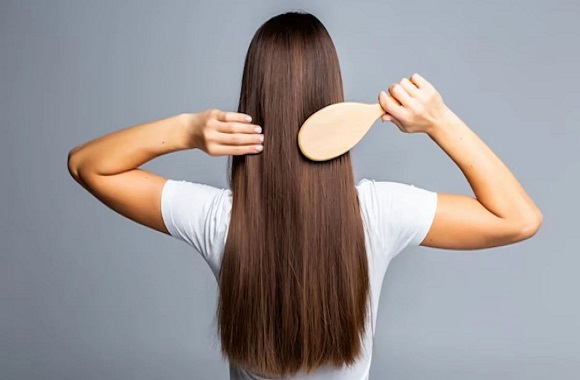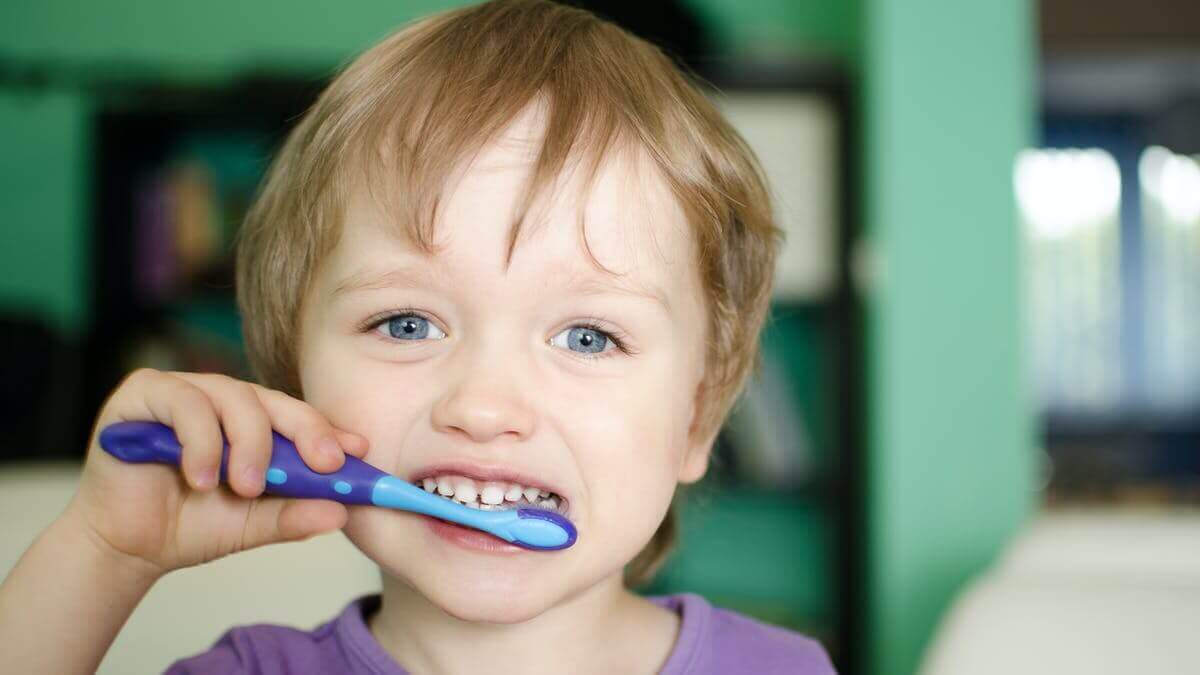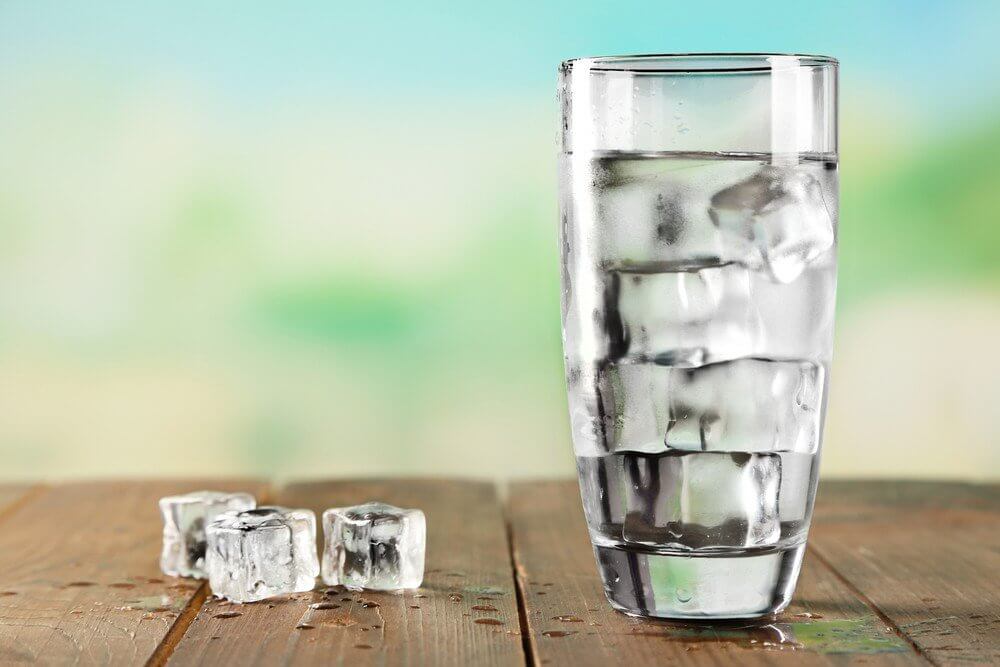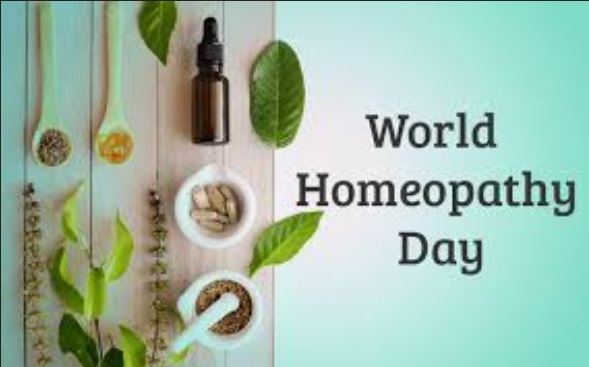For healthy hair, here are five essential nutrients to add to your diet
Sun 26 Feb 2023, 09:18:43

Healthy, shiny, and strong hair is something that we all strive for. If you want healthy, strong, and shiny hair, it is essential to make sure that you are getting enough of various essential nutrients in your diet.
Incorporate protein-rich foods, vitamin C-rich fruits, iron-rich foods, omega-3 fatty acids, and vitamin D-rich foods into your diet to ensure that your hair is getting the nourishment it needs to grow and thrive. Here are the top five essential nutrients that your hair needs for healthy growth and overall wellness.
Protein
Protein is an essential nutrient that is required for the growth and repair of tissues in your body, including your hair. Your hair is made up of keratin, which is a type of protein, and a lack of protein in your diet can lead to weak, brittle hair that is prone to breakage. Incorporate protein-rich foods like eggs, chicken, fish, and lentils into your diet to ensure that your hair gets the nourishment it needs.
Vitamin C
Vitamin C is an antioxidant that plays a crucial role in the production of collagen, a protein that is essential for healthy
hair growth. It also helps your body absorb iron, another nutrient that is essential for healthy hair growth. Citrus fruits, strawberries, kiwis, and tomatoes are all excellent sources of vitamin C.
hair growth. It also helps your body absorb iron, another nutrient that is essential for healthy hair growth. Citrus fruits, strawberries, kiwis, and tomatoes are all excellent sources of vitamin C.
Iron
Iron is an essential mineral that is required for the production of haemoglobin, a protein that carries oxygen to your body's cells. Without enough iron, your hair follicles may not receive the oxygen they need to grow and thrive. Red meat, spinach, lentils, and tofu are all excellent sources of iron.
Omega-3 Fatty Acids
Omega-3 fatty acids help to nourish your hair and keep it healthy and shiny. Foods like salmon, sardines, and walnuts are all excellent sources of omega-3 fatty acids.
Vitamin D
Vitamin D is essential for the growth and maintenance of healthy hair follicles. It also plays a crucial role in the absorption of calcium, another nutrient that is important for healthy hair growth. Spending time in the sun, eating fortified foods like milk and cereal, and taking supplements are all excellent ways to ensure that your body is getting enough vitamin D.
No Comments For This Post, Be first to write a Comment.
Most viewed from Health
AIMIM News
Latest Urdu News
Most Viewed
May 26, 2020
Do you think Canada-India relations will improve under New PM Mark Carney?
Latest Videos View All
Like Us
Home
About Us
Advertise With Us
All Polls
Epaper Archives
Privacy Policy
Contact Us
Download Etemaad App
© 2025 Etemaad Daily News, All Rights Reserved.






























